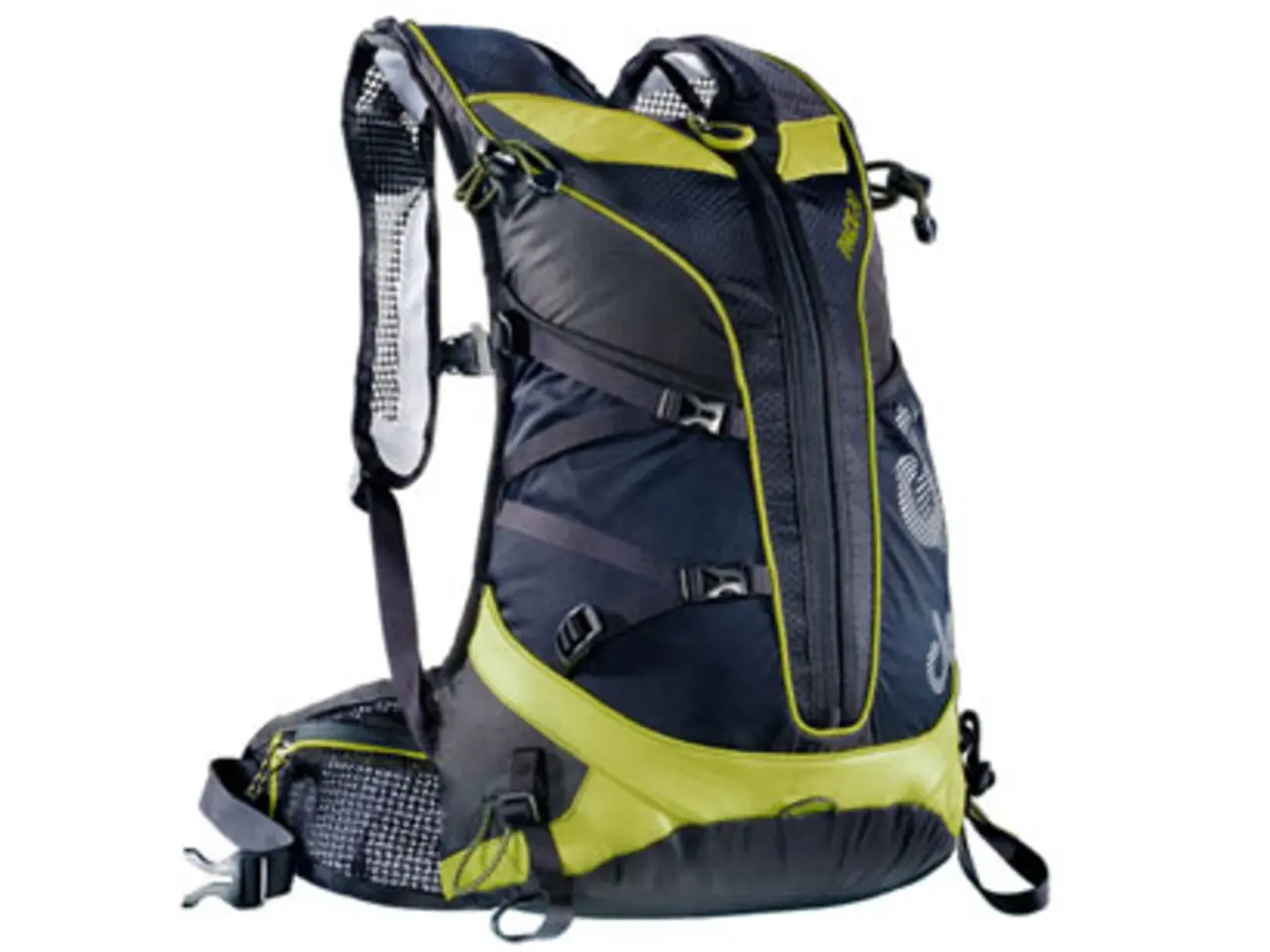Steering Clear of Potential Victimization Scenarios is Possible
In an effort to promote safety and crime prevention, Chief Commissioner Peter Werkmüller is visiting clubs, companies, and social facilities such as senior centers to share practical advice on how to protect oneself from crimes in everyday life. You can reach him at 0211/870 6890.
One of the key recommendations is to walk home together, either on foot, by bus, or taxi, for a sense of security. It's important to be aware of your surroundings and remain vigilant, especially in crowded areas where pickpockets may be active. A smartphone, often carried in a back pocket, can make an easy target for thieves. To reduce the risk, consider moving your phone to a more secure pocket or using a money belt or waist bag.
When it comes to general behavioural prevention, the focus is on avoiding becoming a victim of crime. This includes being wary of strangers trying to distract you, especially in crowded areas, and being cautious when approached by strangers. If you suspect someone is following you and help is not nearby, don't hesitate to call the police emergency number.
In addition to physical safety, Chief Commissioner Werkmüller emphasizes the importance of de-escalating and non-violent conflict prevention in crime situations. Unpleasant and threatening situations can sometimes occur in customer interactions, and it's crucial to know how to signal for help within a team using certain code words.
Psychological violence is another concern, and it can happen not only within the circle of colleagues but also from customers who may become aggressive and even physically violent. It's important to remember that violence isn't always physical; it can also be verbal, and it can occur in private settings, including the workplace.
Good planning of your route home, especially as it gets darker in the fall, is another essential safety measure. The 'three L's' rule for safe travel at night is to move closer to people, involve others, and choose well-lit and busy paths. When carrying a hand or shoulder bag, it should be locked and held under your arm with the closure towards your body. In shops, pedestrian zones, or similar areas, backpacks should be carried in the same manner.
It's also worth noting that thieves target both men and women, and the average pickpocket primarily targets wallets for quick access to cash, not entire bags. To deter pickpockets, be aware of your surroundings and take simple measures like keeping your valuables in locked inner pockets of clothing or alternative secure storage like money belts or waist bags.
Lastly, it's important to remember that safety isn't just about avoiding dangerous situations; it's also about making smart choices. For example, cutting through dark alleys after a party may seem like a good shortcut, but it can lead to uncomfortable or dangerous situations. Similarly, in empty trains, a shady figure sitting nearby can make passengers feel uncomfortable.
By following these tips and staying vigilant, you can help ensure your safety in everyday life. For more information, contact Chief Commissioner Peter Werkmüller at 0211/870 6890.








